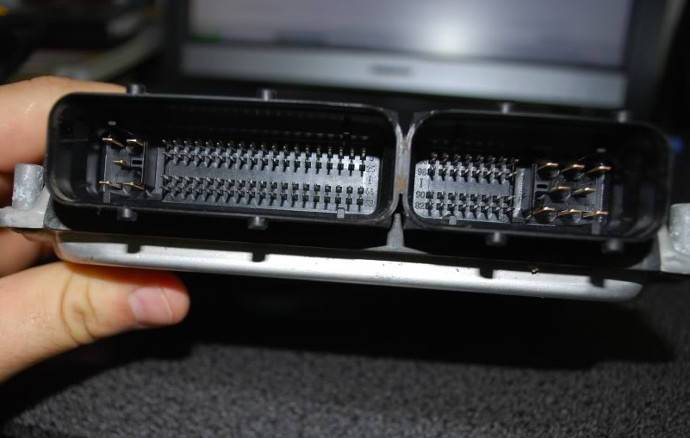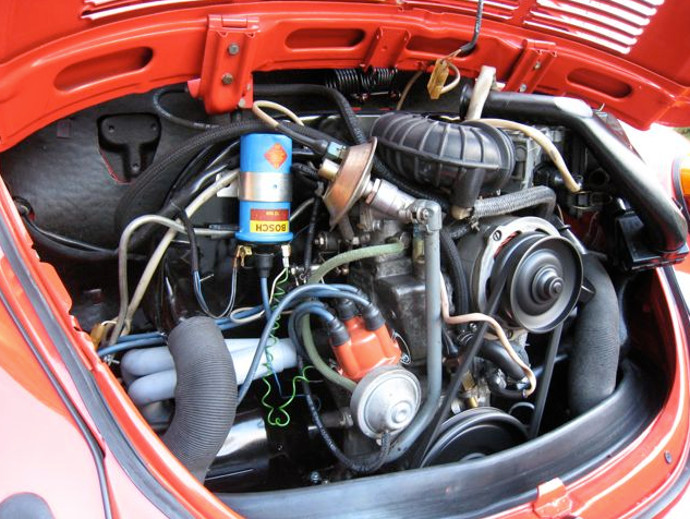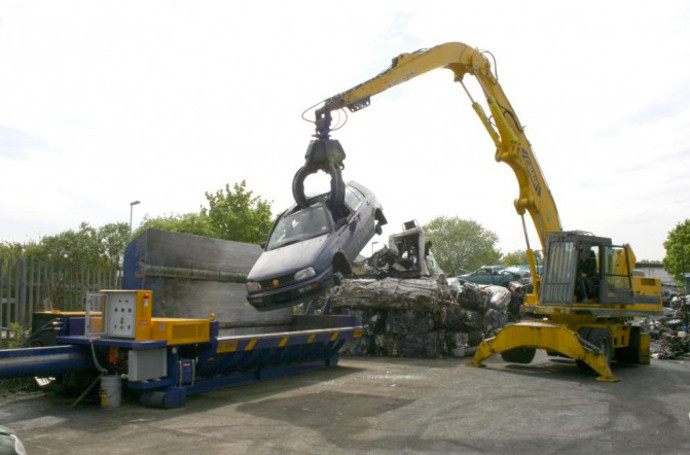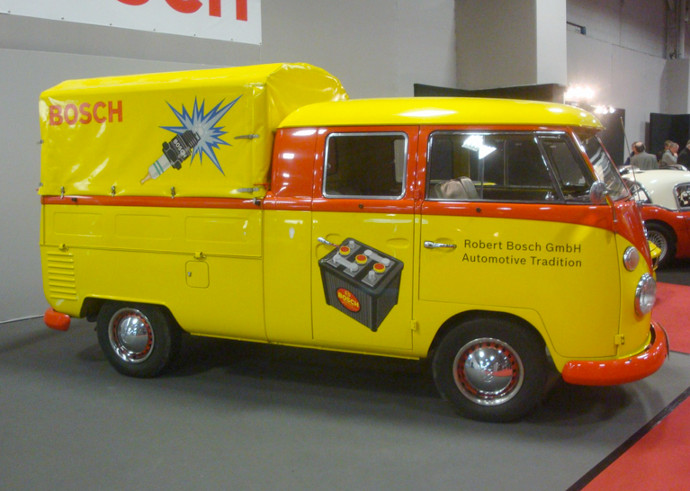According to a European classic car organisation, eighties, nineties and ‘noughties cars run the risk of disappearing from our roads unless manufacturers act now to ensure the future availability of electronic components.
As car manufacturers began the switch from mechanical to electronic management of things like the combustion cycle at the start of the eighties, there’s been no halting the rate of technical leaps forward. But inevitably as things have become progressively more complex, so has the range of potential problems. And the number of mechanics left totally baffled by the sheer amount of electrical gadgetry. Indeed, we’ve no doubt that the Electronic Control Unit – or ECU – marked a black day for the traditionalists more used to fiddling with ignition points, fuel mixture screws and timing strobe lamps.

The upshot is that electronic equipment has a shelf life and now those in the know are worried that when components start to fail there’s likely to be a shortage of replacement parts to keep ‘Modern’ classics that use them on the road.
The apocalyptic warning to modern classic car enthusiasts was issued in a statement by the Fédération Internationale des Véhicules Anciens (FIVA) who confirmed that it’s cars that use ECUs in their engines, steering, brakes and various safety systems – the ‘digital generation’ – that are likely to be at risk in the future.
I know from bitter experience that once electronics start going wrong they can be a pain to diagnose and remedy. I once owned a fuel injected Beetle that refused to restart when warm. It baffled various VW specialists who didn’t really understand how it all worked and insisted that I replaced the fuel pump, the ECU and other bits of gadgetry which I did to no avail. Having left me stranded once too often, I ended up selling it cheap to a guy who whipped off the fuel injection and fitted ‘old school’ twin carbs instead! Another car in my collection, a late VW/Porsche 914 had a similar running problem which again resulted in me having to replace the engine’s ECU which if my memory serves me correctly, I only managed to source secondhand at the time. And that was probably 20 years ago!
Highlighting the worry about the future availability of electronic components, the weekly publication Classic Car Buyer spoke to an consultant in vehicle components who warned: “We’re not sufficiently prepared. We currently have a clear window of opportunity to preserve existing stocks of electronic components and their digital ‘source codes’; otherwise we will be unable to replace ECUs easily.”

The same expert confirmed that the physical ageing of electronic components takes place regardless of whether the component is in use or not and added: “The older the electronic component, the harder it will be to find replacement units that still work.”
As we understand it, manufacturers are generally obliged to guarantee the availability of components for up to ten years after the vehicle left the production line, so currently that leaves all cars made prior to 2006 vulnerable to supply problems in years to come.
The only good news for us VW lovers is that Bosch appears to be one of the leading lights in combatting future obsolescence of electrical components and Bosch Automotive Tradition is one of the few firms actively producing spare electronic parts for modern classics in order to ensure their future survival.

Ian
The opinions expressed here are the personal opinions of the author and do not necessarily represent the views and opinions of VW Heritage

